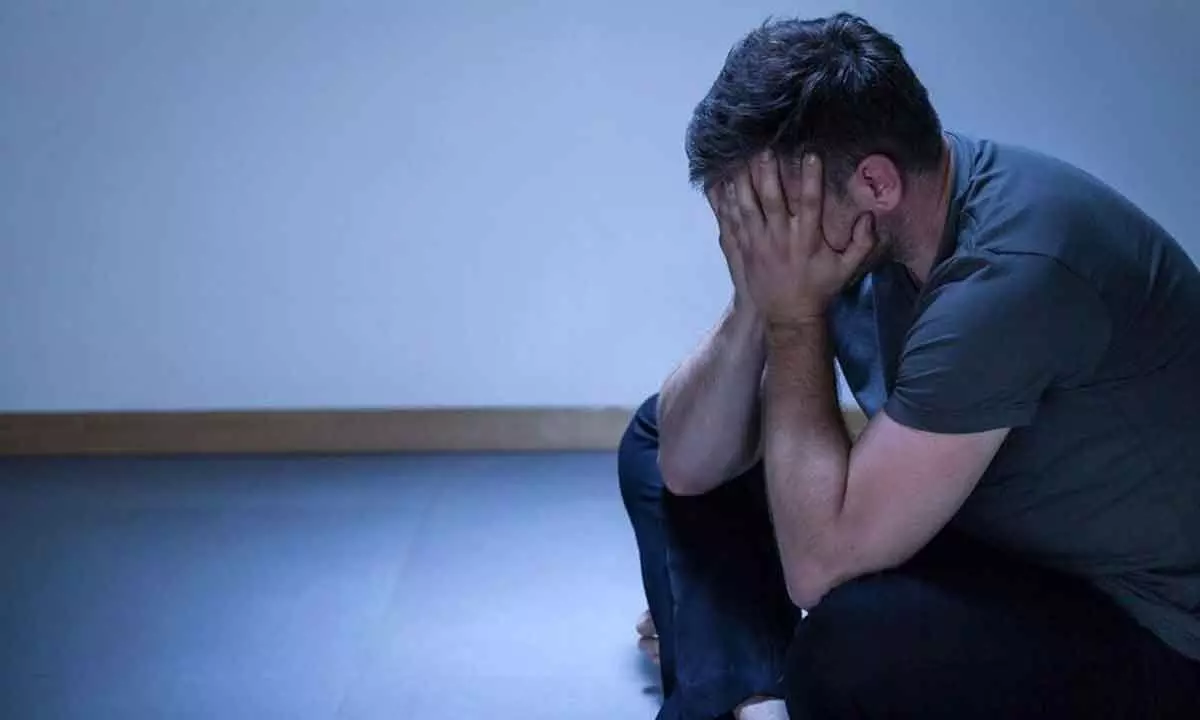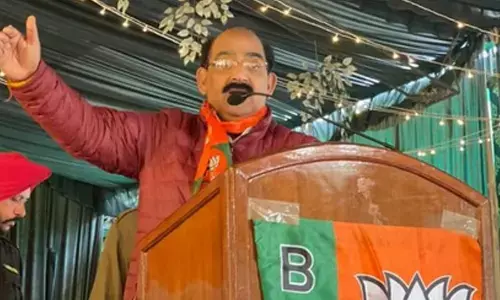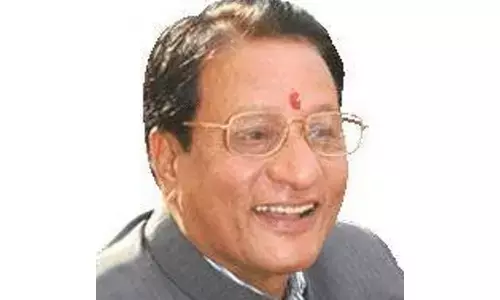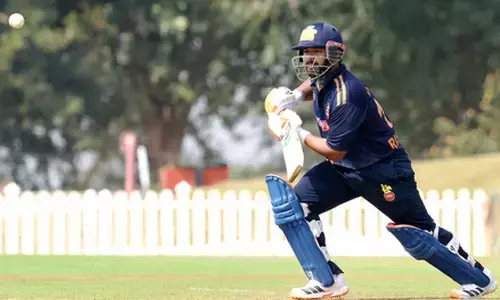Breaking the silence: Addressing men’s mental health stigma in India

While society is increasingly open about issues like anxiety, depression, and stress, men’s mental health remains a largely overlooked area. According to experts, about 40 percent of men in India do not openly discuss their mental health due to fear of stigma.
International Men’s Health Week, held annually from June 10 to 16, aims to raise awareness about men’s health issues, including mental health.
“The lack of discussions about men’s mental health and their reluctance to seek help, combined with rising suicide rates, can be attributed to masculine gender norms that are socially constructed,” said Dr. Samir Kumar Praharaj, professor and head of the Department of Psychiatry at Kasturba Medical College and Hospitals, MAHE, Manipal.
Dr. Shyam Bhat, psychiatrist and chairman of LiveLoveLaugh, added, “Around 40 percent of Indian men refrain from talking openly about their mental health, primarily due to stigmas and misconceptions, including the erroneous belief that men should manage their emotions independently.”
Historically, societal expectations have dictated that men should embody strength, resilience, and emotional stoicism. Biological and hormonal factors, such as testosterone, also influence different emotional responses in men. Dr. Samir noted that men often mask their emotions because expressing feelings or seeking help is perceived as shameful.
“When men are depressed, they are more likely to exhibit aggression and anger rather than sadness, unlike women who may be more in touch with their sadness and vulnerability,” Dr. Shyam explained. “As a result, many men suffer in silence, become isolated, and may resort to substance abuse, fighting their internal battles without the support they need. This increases the risk of suicide, making men 2.5 times more likely to die by suicide than women.”
Experts emphasize the need for awareness campaigns and educational programs to dispel myths and stigma associated with mental disorders and to promote open conversations about mental health. Dr. Samir advocates for healthy habits such as regular exercise, engaging in mindfulness activities, and pursuing creative outlets to improve mental health.
“The focus needs to shift towards changing perceptions of masculinity and encouraging men to take their mental health issues seriously and seek help when needed,” Dr. Samir said.
International Men’s Health Week serves as a crucial platform to address these issues and foster a supportive environment where men can openly discuss and seek help for their mental health concerns. As society evolves, breaking the silence surrounding men’s mental health is essential for the well-being of men across India.














